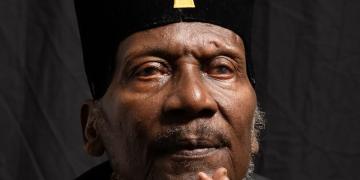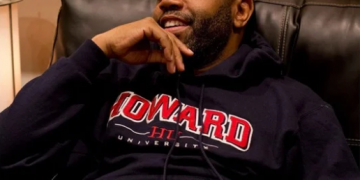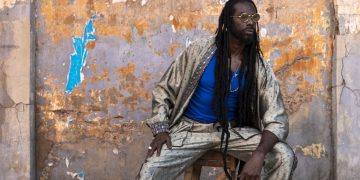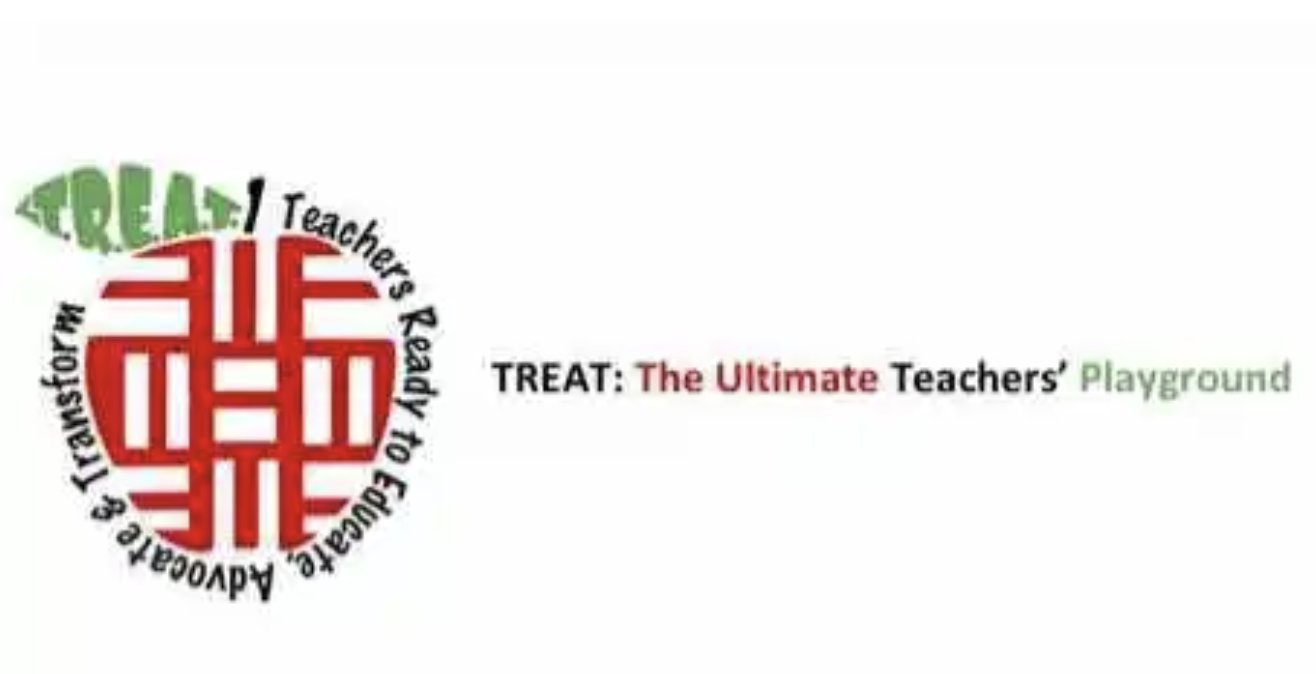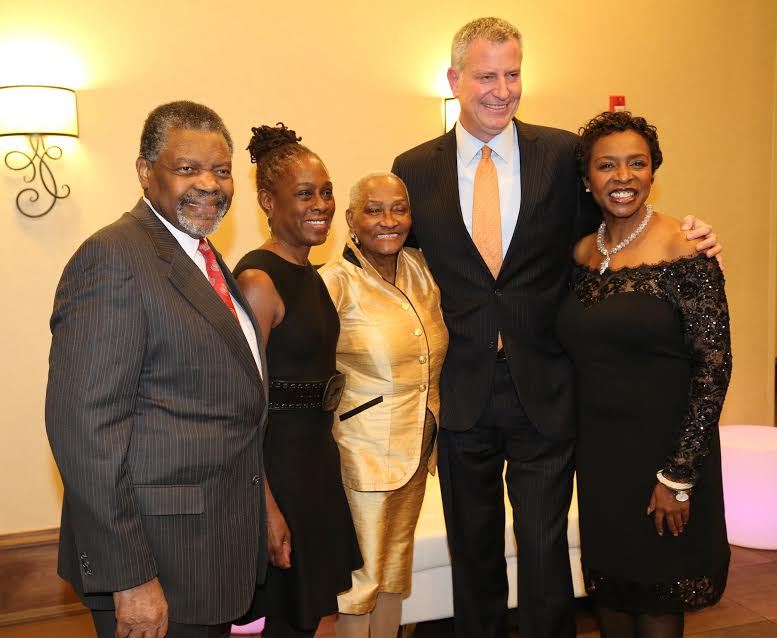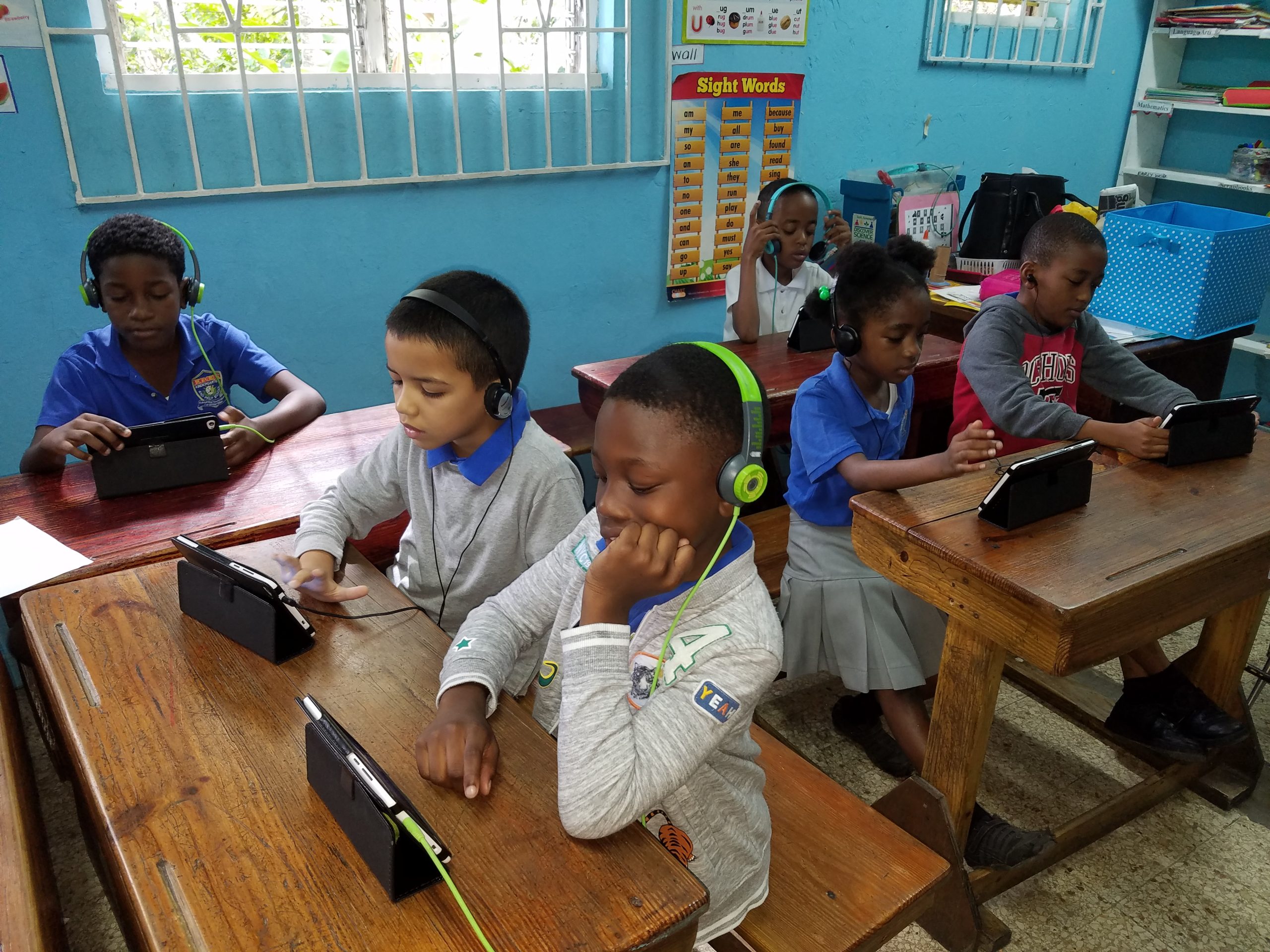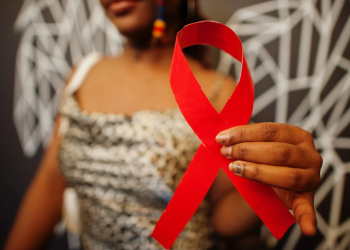Transforming Observations into Obligations
by Dr. Trina Lynn Yearwood
James Baldwin spoke the truth when he said, “To be [Black] in this country and to be relatively conscious is to be in a rage almost all the time.” It seems like each time I turn on the TV, there is a new story about the mistreatment, humiliation, false accusations against, or blatant disrespect of people of African descent. The most recent incident happened in a New Jersey gymnasium before a high school wrestling match. Tears filled my eyes as I watched the trainer hold fistfuls of 16 year-old Andrew Johnson’s locs and hurriedly chop them off his head. I simply could not believe my eyes. As I stared at the TV, the image of a white woman with scissors to Andrew’s hair was immediately juxtaposed with an image of Jacob Philadelphia touching President Barak Obama’s hair in the Oval Office because he wanted to know if he and the President had the same hair. The earlier picture of young Jacob with President Obama conveyed a message of pride, esteem and positive identity. The message to Andrew Johnson was clear—forfeit part of your identity or forfeit this game.
In Why Are All the Black Kids Sitting Together in the Cafeteria? And Other Conversations About Race (1997), psychologist Dr. Beverly Daniel Tatum emphasizes the importance of healthy identity development and argues that “our self-perceptions are shaped by the messages that we receive from those around us…” (p. 53). In essence, what we think about ourselves and who we know ourselves to be are shaped by the messages we receive from others. I wonder what Andrew Johnson thought about himself while he became a public spectacle and part of his identity got hacked off. His coaches watched. His teammates watched. Adults watched. And no one protected him.
Although Andrew emerged victorious at the end of the match, he walked away with the mark of humiliation all over his face. The public degradation this young man experienced seemed to leave him paralyzed and voiceless. And, in that moment, I was hoping that someone—his coach, his teammates, a parent, someone—would have spoken up on his behalf. I wished no one stood on the sidelines and allowed this to happen. MK Asante Jr. said, “When you make an observation, you have an obligation.” Everyone in that gym had an obligation to defend Andrew. No one did.
Far too often, children of African descent end up in situations with adults where they have to fend for themselves. I have sat in classrooms where adults humiliated children for issues they had no control of. And although I was a visitor, I had an obligation to do something about it—and I did. Teachers, you must be ready to advocate for your children at all times! If you observe a barrier to learning, you are obligated to bring it to the attention of the appropriate person or try to find a solution. If you observe a teacher humiliating or disrespecting a child, you have an obligation to speak up for that child. We have an obligation to ensure that our children develop healthy identities based on the affirming messages they receive from us—that they are important, valued and respected.
Dr. Trina Lynn Yearwood is the Founder of Teachers Ready to Educate, Advocate and Transform (TREAT), an organization committed to helping teachers integrate the diverse culture of students into the classroom and curriculum by providing a platform for them to discover and share innovative ways to utilize children’s culture to enhance teaching and learning. To learn more about the organization, follow @wearetreat on Instagram or email wearetreat.info@gmail.com.

